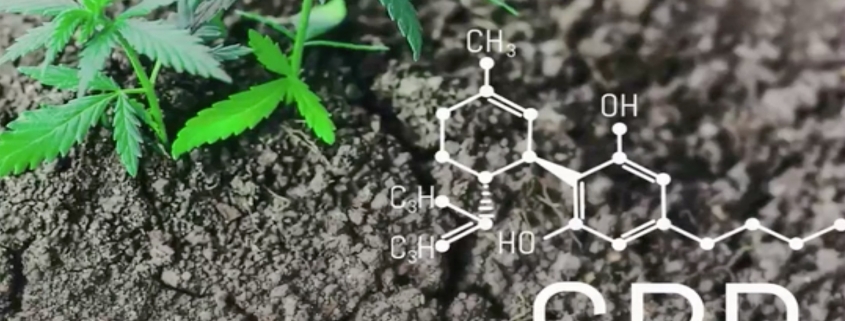How Does CBD Work?
Everyone has heard about the potential of CBD, but how does it work?
Scientists have recently discovered we have an endocannabinoid system (“ECS”) – a chain of receptors in our connective tissues, skin, and organs. From our brains to our toes, all mammals have this signal chain. It regulates our systems and helps our bodies run smoothly.
But how does this far-reaching system work, and how can it help you?
Scientists are just beginning to understand the power of our ECS to regulate cellular function. Receptors in our ECS attach to, and are activated by, molecules called “cannabinoids.” These cannabinoids occur naturally in mother’s milk and are produced by our own bodies into adulthood. They are also found in certain plants, and are especially prevalent in hemp.
Ultimately cannabinoids – whether created by our bodies or consumed from hemp – connect with receptors in the ECS, like a key fits into a lock. This sets off a chain reaction, causing our cells to transmit materials and information to each other.
Interestingly, the ECS communicates in the opposite direction of most intercellular signals through a process called “retrograde signaling.” This allows the ECS to function as a policing system, imposing checks and balances on our cell activity. The ECS tells our cells to stop working once they finish their jobs, which promotes biological balance and homeostasis. Researchers believe this may even help regulate immunity, lower our body temperature, and increase feelings of calmness.
But what happens when we get stressed, tired, or sick?
When our bodies are stressed they may become deficient in endocannabinoid molecules. Luckily we can help by consuming phytocannabinoids, including those in the flowers and stalks of hemp. These plant molecules – including CBD, CBG, CBN, and others – resemble the endocannabinoids created by our bodies, attaching to our ECS and a setting off the reverse chain of intercellular signaling. This is how CBD and other cannabinoids regulate various system functions, contributing to balance and wellness.
Recent CBD research has taken off, with more medical professionals seeing results from their initial investigations. Longer term, more detailed studies are needed, but the consensus is CBD has favorable outcomes and few side effects for most people.
Sources:
Biles, Mary (2019, May 8) Immune System: A Complex Balancing Act [Web Log Post]. Retrieved October 8, 2019 from https://www.thefix.com/how-cbd-oil-permanently-changed-my-autoimmune-condition
Russo, E. (2016, July 1) “Clinical Endocannabinoids Deficiency (CED): Can this Concept Explain Therapeutic Benefits of Cannabis in Migraine, Fibromyalgia, Irritable Bowel Syndrome, and Other Treatment-Resistant Conditions?”, Cannabis Canninboid Res., Volume 1(1): 154-165. Retrieved November 5, 2019 from https://www.ncbi.nlm.nih.gov/pmc/articles/PMC5576607/.
Zou, Shenglong and Kumar, Ujendra (2018, March 13) Cannabinoid Receptors and the Endocannabinoid System: Signaling and Function in the Central Nervous System. Retrieved October 8, 2019 from https://www.ncbi.nlm.nih.gov/pmc/articles/PMC5877694/



